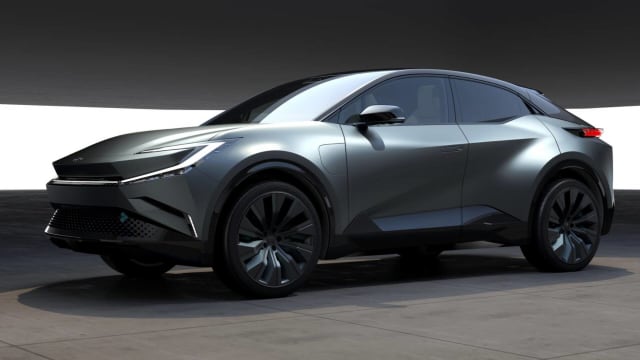Nissan Motor Co. experienced an 11% surge in its share price on Friday following reports that a prominent Japanese consortium is formulating plans to attract investment from Tesla Inc. This development comes on the heels of Nissan’s unsuccessful merger discussions with Honda Motor Co., highlighting the automaker’s ongoing efforts to stabilize its financial standing.
The initiative is spearheaded by Hiro Mizuno, a former Tesla board member, with support from ex-Prime Minister Yoshihide Suga and his former aide, Hiroto Izumi. The group’s strategy involves positioning Tesla as a strategic investor in Nissan, potentially acquiring the company’s manufacturing facilities in the United States. This move aims to bolster Tesla’s domestic production capabilities while providing Nissan with much-needed capital infusion.
Nissan has been grappling with financial challenges, as evidenced by Moody’s recent downgrade of the company’s credit rating to junk status. The rating agency lowered Nissan’s senior unsecured rating from Baa3 to Ba1, citing concerns over the automaker’s weakening credit profile, the risks associated with its restructuring plans, and uncertainties in global trade policies. Moody’s also highlighted that Nissan’s automotive free cash flow is expected to remain negative into the next fiscal year.
The proposed collaboration with Tesla emerges after the collapse of merger talks between Nissan and Honda. The discussions faltered due to disagreements over leadership structures and strategic direction, with Honda reportedly insisting on Nissan becoming its subsidiary and adopting Honda’s hybrid technology over its own. The failure of these talks has intensified concerns about Nissan’s future, especially as other potential suitors, such as Foxconn, have shown interest in the beleaguered automaker.
For Tesla, an investment in Nissan could offer strategic advantages, particularly in expanding its manufacturing footprint in the U.S. Acquiring Nissan’s existing facilities would enable Tesla to increase production capacity without the time and expense associated with building new plants. This approach aligns with Tesla’s broader strategy to enhance its market share amidst growing competition in the electric vehicle sector.
However, such a partnership would not be without challenges. Political considerations, especially regarding national security and foreign investments, could complicate the deal. Additionally, integrating Tesla’s innovative culture with Nissan’s traditional automotive practices may present operational hurdles.
As of now, both Tesla and Nissan have refrained from commenting on the potential investment. The Japanese consortium’s plans are still in the formative stages, and it remains to be seen how receptive Tesla will be to the proposal. Nonetheless, the market’s positive reaction to the news underscores investor optimism about the potential synergies between the two automotive giants.

